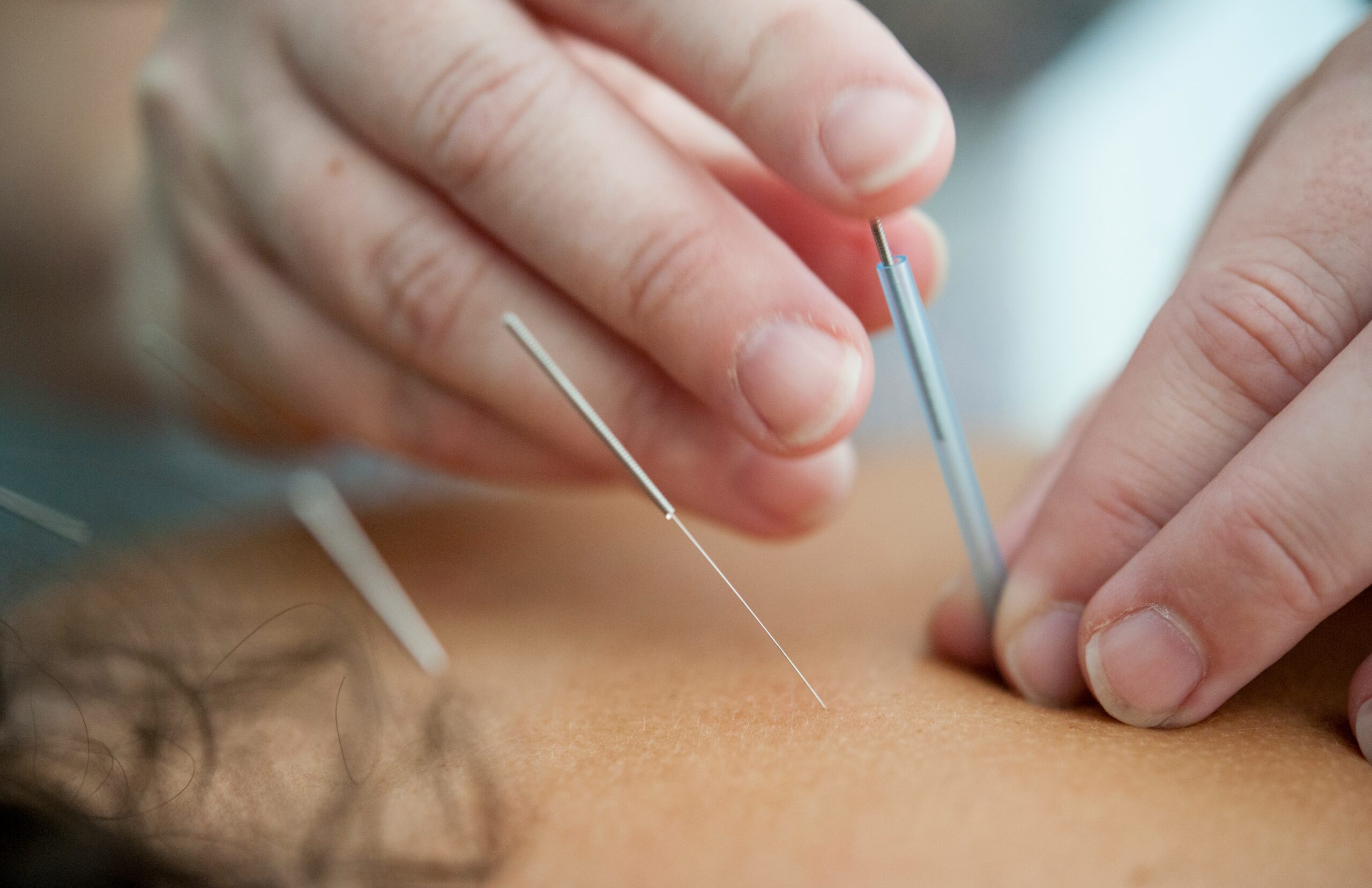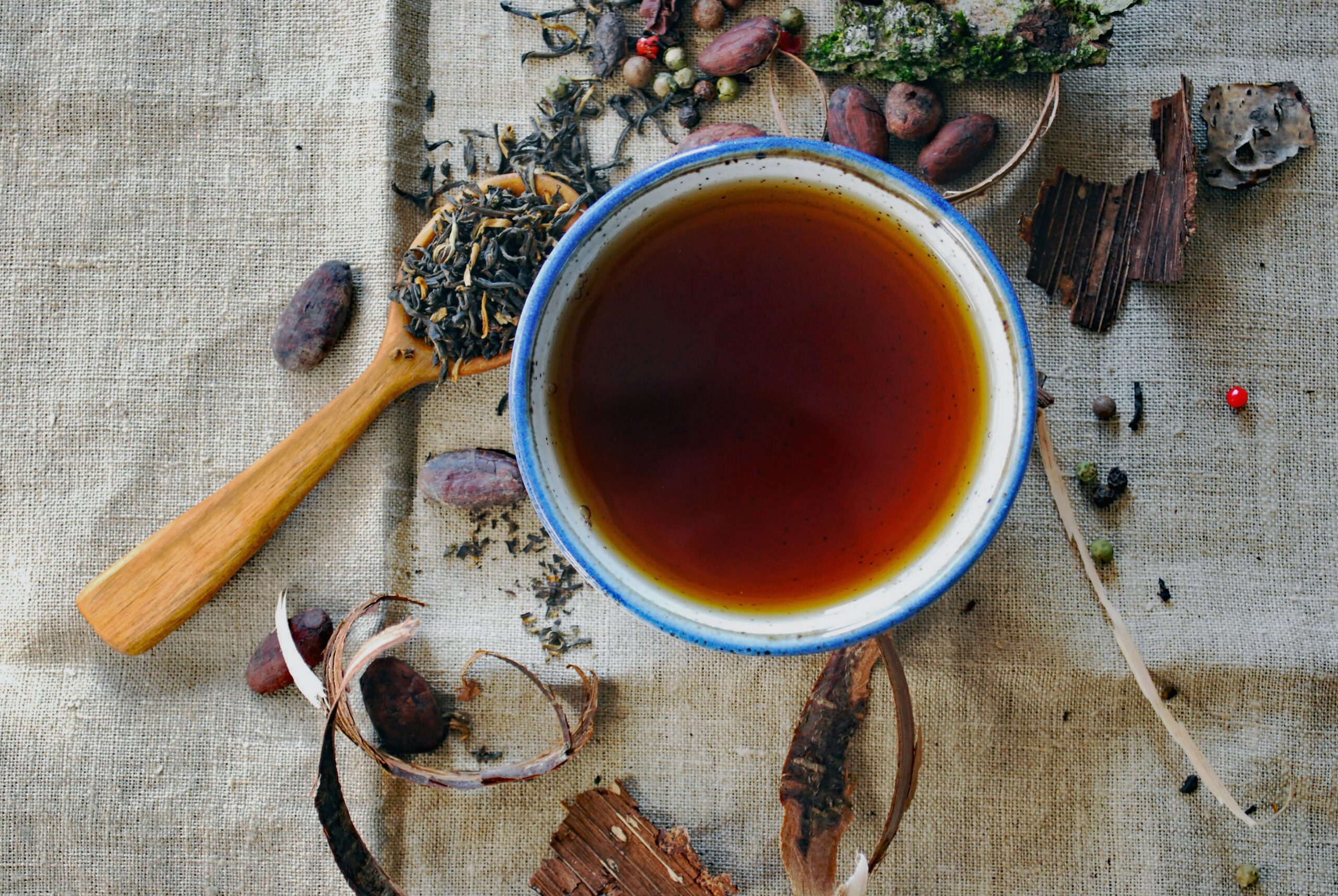The human body is home to trillions of microorganisms (mainly bacterias) that are important in maintaining our health. These microorganisms are called the microbiota and they live in our gut, mouth, eyes, skin, and vaginal tract. The microbiota plays an important role in digestion, prevention of infections, vitamin production, absorption of nutrients, immunity, and even mental health. (More on gut microbiota on Part 1 of this series).
Probiotics, prebiotics, and synbiotics are used with the intention of reestablishing normal gut microbiota or to achieve similar benefits that the gut microbiota confers. Let’s take a closer look at Probiotics. More on Prebiotics and Synbiotics on Part 2B of these blog series.
So What are Probiotics?
The Food and Agriculture Organization of the United Nations (FAO) and the World Health Organization (WHO) defines probiotics as “live microorganisms that, when administered in adequate amounts, confer a health benefit on the host”.
Does this mean that we eat food or take a supplement with bacterias to get healthy? It sounds crazy but YES, that’s right! But these are “good” bacterias and they will compete with the “bad” ones in our gut to protect us and to maintain our health.
We can get probiotics from food or from supplements. These are some of the foods that contain probiotics:
- yogurt
- kefir (fermented probiotic milk drink)
- kombucha (fermented tea). I prefer Jun Kombucha which is fermented in green tea sweetened with honey instead of black tea with sugar. It is less sour because it doesn’t have the vinegar taste like the regular kombucha. My favorite brand is Wild Tonic Jun Kombucha, just be careful not to choose the one that has alcohol! LOL (no conflict of interest, I promise).
- fermented pickles
- sauerkraut (Make sure to choose unpasteurized sauerkraut, as pasteurization kills the live and active bacteria)
- kimchi
- tempeh
- miso
- sourdough bread
The most commonly used probiotic species are Lactobacillus, Bifidobacteria, and also yeasts, such as Saccharomyces boulardii.
What are the Health Benefits of taking Probiotics?
- Probiotics help digestion
- Improve gut microbiota (they increase good bacteria vs harmful one)
- Help to strengthen the cells that line your gut preventing bad bacteria or toxins to reach your blood (helpful in preventing food poisoning and also “leaky gut”)
- Stimulate the immune system protecting us against infections
- Production of B vitamins
- Increase the absorption of vitamins and minerals
What are Probiotics Used for?
There is ongoing research on the benefits of probiotics for many conditions. Some of the conditions were there are have been good results or promising effects are the following:
- Irritable Bowel Disease
- Irritable Bowel Syndrome
- Constipation
- Prevention and treatment of Urinary Tract Infections (UTIs) and bacterial vaginosis
- Necrotizing enterocolitis (a disease that affects the intestine in premature infants)
- Reduction of blood cholesterol, which may be helpful in the prevention of obesity, diabetes, cardiovascular diseases, and cerebral stroke
- Diabetes type 2, since it has shown to improve Hb1A and fasting blood glucose levels
- Antibiotic-associated diarrhea and Clostridium difficile disease, which also is a consequence of taking antibiotics. The use of probiotics for these two related diseases remains controversial.
- Chronic periodontitis and dental cavities
- Eccema (Atopic dermatitis)
Are Probiotics Safe? What are the Side Effects?
Probiotics are generally safe and have no significant side effects. Occasionally they can cause bloating, diarrhea, or constipation. I always advise my patients to start with a low dose (10 billion or less colony-forming units – UFCs) to check how well they tolerate them and adjust the dose after that. If symptoms persist, that probiotic might not be the right one. Not every probiotic is right for each person and it will be important to consider changing to a new one.
Probiotics might worsen symptoms (especially gastrointestinal) in patients with Small Intestine Bacterial Overgrowth (SIBO) or Candida. In those cases, it is better to work with a functional medicine provider, a naturopath, or your primary care physician to address that first.
When Choosing a Probiotic…
- Quality is very important. Probiotics need to survive through elevated temperatures, especially in places as hot as Phoenix, and they also have to survive your stomach acid to get to the intestines. Professional brands have advanced technologies that preserve probiotics on the shelf and in your gut. Also when you buy probiotics from a reputable health care professional or a vendor that makes sure the probiotics are stored and transported at the right temperature really makes a difference. You want to take something that is going to work so be careful with what you get and where you get it. Investing a little bit more on a good probiotic is worth it.
- Certain probiotics may have specific benefits, some strains are more effective than others for treating certain conditions. For example, Bifidobacterium lactis has been proven to be more effective than other strains for the treatment of constipation, and Lactobacillus rhamnosus, and Lactobacillus reuteri have been successful to reduce the number of urinary tract infections in postmenopausal women. It is more likely to get good results when you take probiotics that have the specific effects you are looking for.
- If you are taking probiotics for general health, make sure it has multiple strains instead of a few or only one.
- As I mentioned before, start with a low dose and adjust as tolerated. You can talk with your health practitioner to find the right dose for you.
- It is better if they are dairy-free (lactose-free) and with no cornstarch because if you are sensitive to these ingredients and you are not aware of it, bloating and gas will be more common.
- Some probiotics need refrigeration, read the label and refrigerate if needed.
Remember, it is always important to talk with your primary health provider before starting a new supplement to make sure it is a good fit for you.
Stay tuned for our next blog on prebiotics and synbiotics and for the last part of this blog series on the relationship between gut health/microbiota and Chinese medicine.
Alivia Acupuncture Clinic has all the intentions of not only satisfying your acupuncture needs but also your wellbeing. These blogs have the objective of sharing information that you might find useful. Please let us know if you have any questions and feel free of sharing with your family and friends. Have a happy day!
References:
Mechanisms of Action of Probiotics https://www.ncbi.nlm.nih.gov/pmc/articles/PMC6363529/
Probiotics and prebiotics potential for the care of skin, female urogenital tract, and respiratory tract https://www.ncbi.nlm.nih.gov/pmc/articles/PMC7090755/
Effects of prebiotic dietary fibers and probiotics on human health: With special focus on recent advancement in their encapsulated formulations https://www.ncbi.nlm.nih.gov/pmc/articles/PMC7309926/
Choosing an appropriate probiotic product for your patient: An evidence-based practical guidehttps://www.ncbi.nlm.nih.gov/pmc/articles/PMC6306248/





0 Comments